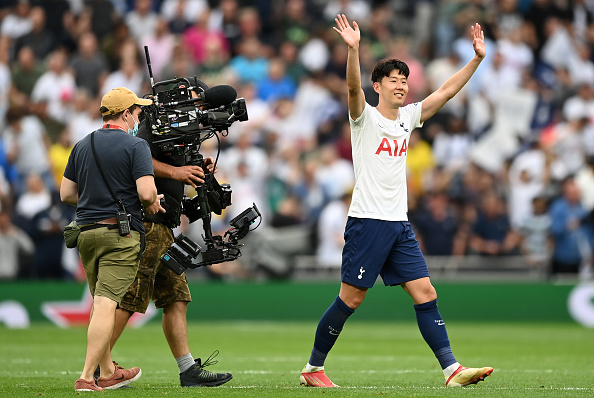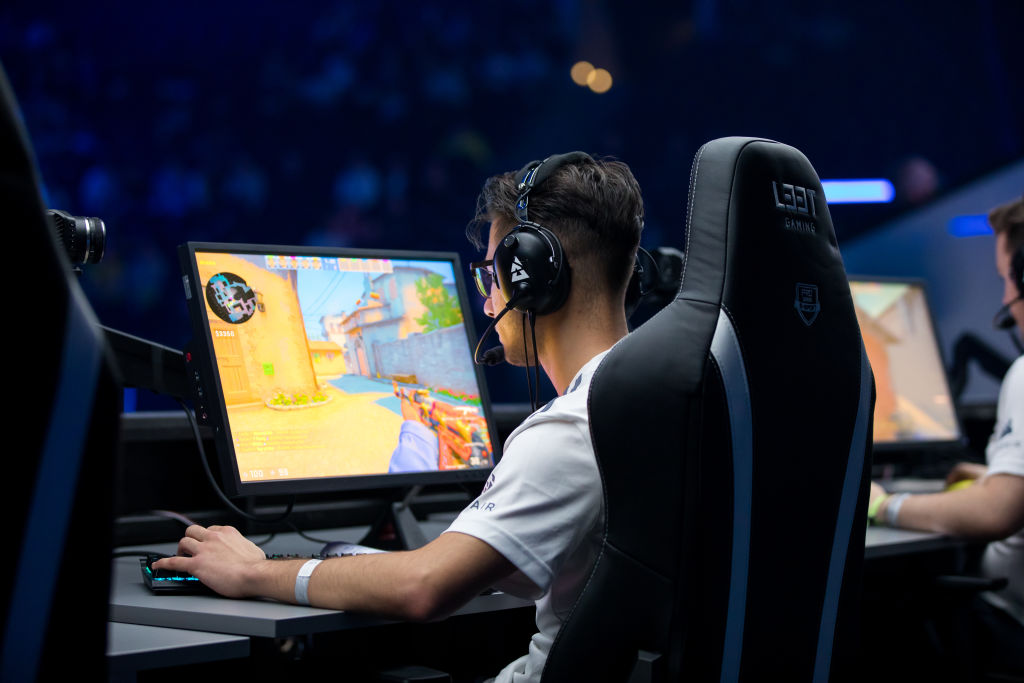Sports law year in review 2021: Were our predictions right?

In December 2020, while others may have been preparing for muted New Year’s Eve celebrations in light of the new coronavirus variant, we were busy making sports law predictions for the year ahead for City A.M.
In summary, we predicted a rise in data-related disputes on the back of Project Red Card, the further growth and professionalisation of esports, an increase in direct-to-consumer broadcasting deals, and stronger regulation of football.
Twelve months on, how accurate were our predictions about sports law and what might 2022 hold in store?
Day-to-day data use
Last year, we highlighted the growth in sports data-related cases, in particular following the Sportradar/Genius Sports dispute and Project Red Card, and suggested that any business using sports data needs to be aware of the potential for such claims. We suggested that this could be an increasingly fertile ground for disputes.
As a reminder, the Sportradar/Genius Sports dispute relates to Sportradar using data from football matches without needing to go through the official data collector, Genius Sports.
Project Red Card, on the other hand, which colleagues of ours are involved in defending, relates to potential claims by a group of ex-professional footballers against a wide range of companies who they argue unlawfully used their data contrary to data protection legislation.
While progress with both claims has been much slower than anticipated, 2021 did indeed see a continued interest from clients in these issues.
Given the recent landmark Lloyd v Google decision of the Supreme Court, where a group data protection litigation claim was prevented from taking the case further, it is now arguably harder for athletes to bring group claims against rightsholders over the use of personal data.
For 2022, we predict that Project Red Card will fizzle out but that other data disputes will emerge, as the value of sports data continues to rise, particularly given that the Supreme Court has recently granted permission to appeal in a dispute between Sports Information Services Limited and The Racing Partnership and Arena relating to use of race day data.
Esports: it’s no longer just a game
As predicted, the esports industry has continued its meteoric rise. New titles such as Riot Games’ Valorant have taken the industry by storm, attracting fans and players from other games.
This has led to a proliferation of new professional esports organisations such as Spain’s KOI, founded by Barcelona footballer Gerard Pique, and the emergence of new professional and amateur tournament structures, such as the grassroots Valorant Regional Circuit and the all-women Valorant Game Changers for pro players.

While this is clearly a positive development, it nonetheless gives rise to various legal issues which are likely to continue to face scrutiny in 2022. These include: ensuring players are paid minimum wage (which, in many cases, they are not), grappling with the distinction between employees (who typically receive enhanced legal protections, such as protection from unfair dismissal) and independent contractors (who receive less), and tax complications for players based in one county but spending significant time competing around the world.
As the industry continues to develop, there is a need for support to guide young players’ careers, negotiate contracts and support their commercial goals. We sought to address this issue earlier this year when we launched NIVO Management – a global esports and interactive entertainment business based in London that represents professional players and helps brands looking to enter into and improve their presence in the interactive entertainment industry.
Premier League: TV times
This time last year we predicted a bidding war for the Premier League’s domestic broadcasting rights between the legacy pay TV providers and the direct-to-market new breed of broadcasters, like Amazon Prime and DAZN. We suggested that this would be the sign of things to come as such platforms continued to be on an acquisitive trail.
While no-one would have predicted the outcome of the Premier League rights sale process, as formal government approval was eventually needed to rubber stamp the Premier League’s decision to roll over existing arrangements on the same terms as before, the direct-to-market providers have continued to expand.
For instance, there was an extension in 2021 of what was reported to be the first ever $1bn boxing deal (which Mishcon de Reya originally acted on) between Matchroom and DAZN, which saw Sky replaced as Matchroom’s main partner, while both Amazon and DAZN continued to acquire other broadcasting rights.
Going forwards, we suspect that DAZN and Amazon, in particular, will continue on their acquisitive path, and as has been widely rumoured, may even try to acquire one of the more traditional broadcast rivals in 2022.
Regulators on a roll
At the end of 2020, we noted that sports regulators around the world were gearing up for increased regulation; a trend which proved to be correct and looks set to continue in 2022.
The emergence of the European Super League heightened concerns over the regulation of football. This ultimately led to the UK government announcing the Fan-Led Review of Football Governance, which made a number of strategic recommendations including the creation of a new independent regulator for English football and the creation of new owners’ and directors’ tests.
The English Football League has since announced its own plans to create an Independent Financial Unit (albeit with similar powers to the government’s proposed body). This jostling for political and regulatory power between the government and English football’s governing bodies looks set to continue in the New Year.
Despite significant opposition from leading football agents, Fifa is pushing forward with proposals to tighten regulation of the industry. The key reform is that payments to agents should be capped at three per cent of a player’s salary when the agent acts for the buying club or the player, and 10 per cent of the transfer fee when the agent acts for the selling club.
This, like many the other issues identified above, looks set to be the subject of numerous legal disputes which are unlikely to be resolved anytime soon. They reflect on-going tensions between: data companies and rights holders; traditional and direct-to-consumer broadcasters; the government and regulatory bodies; and agents and Fifa, which will no doubt define sports law in 2022.
Simon Leaf is Head of Sport and Tom Murray is an Associate at Mishcon de Reya.